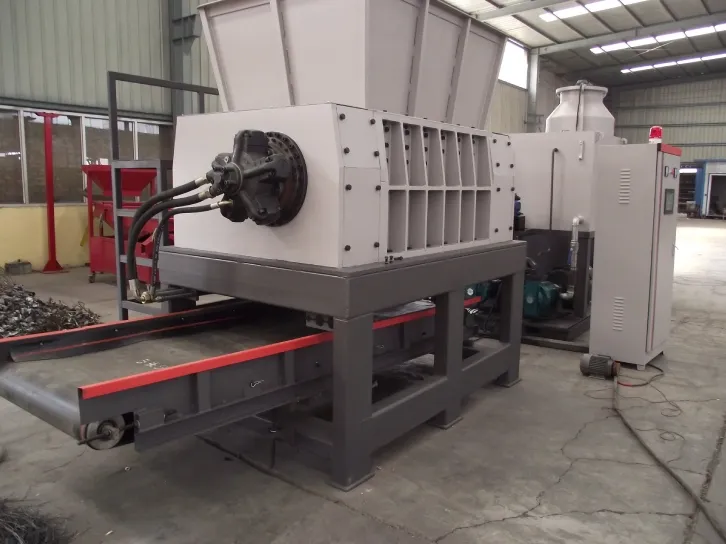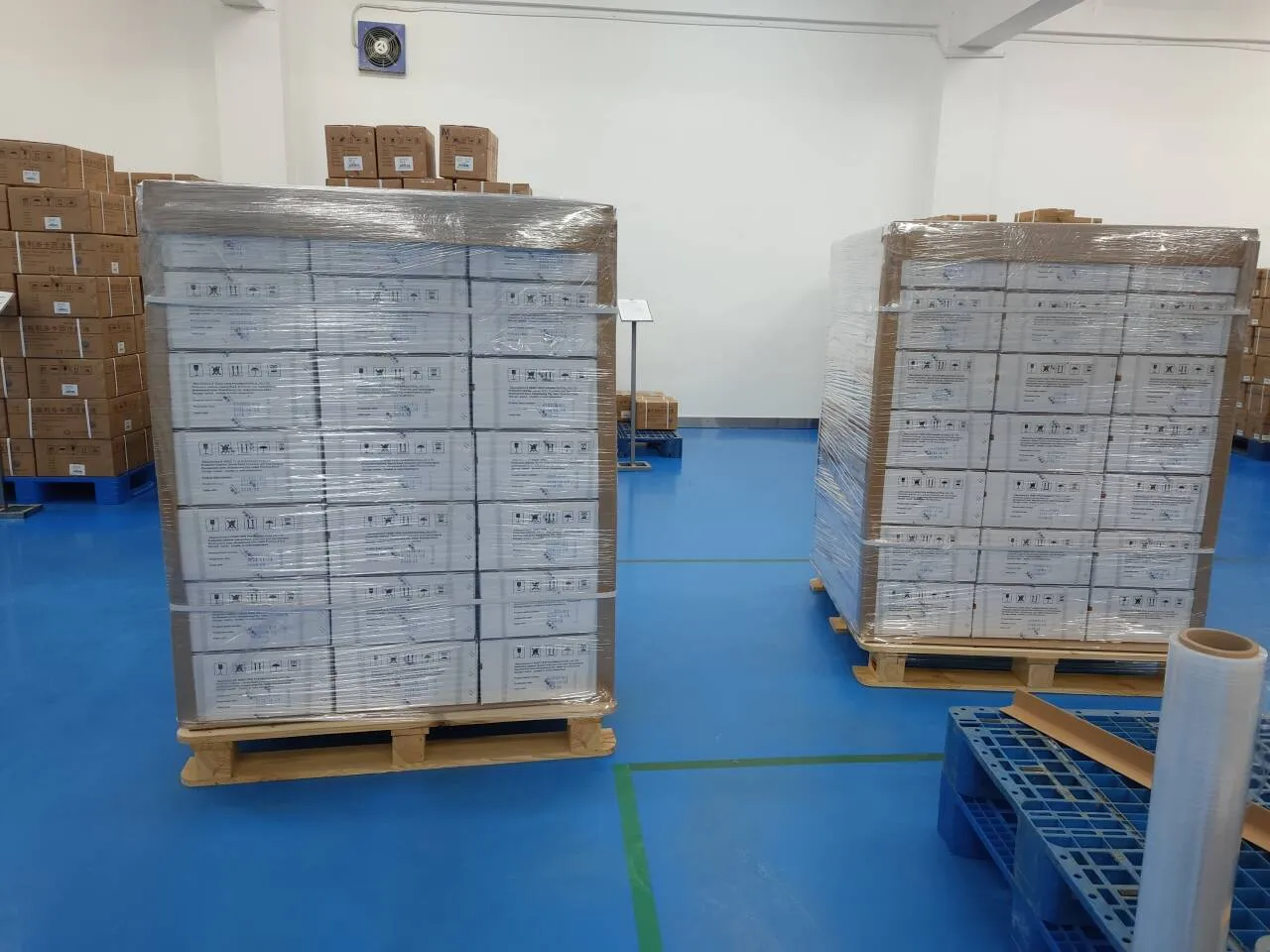Proper disposal of electronics is important not only for environmental protection but also for health and safety. As technology continues to advance rapidly, old electronics become redundant, posing significant challenges for responsible disposal.
Here is a comprehensive guide on how to dispose of electronics efficiently and ethically.

Understanding E-Waste Significance
Electronic waste, often termed as e-waste, encompasses discarded electrical or electronic devices. These items can range from outdated smartphones and laptops to larger household appliances like televisions and refrigerators. Improper disposal of e-waste can release toxic substances, including lead, mercury, and cadmium, into the environment, posing severe health risks and contributing to environmental degradation.

Assessing Your Unused Electronics
Before disposing of your electronics, assess if they are still usable. Many devices have components that can be repurposed or refurbished for continued use. If your electronics are still functional, consider donating them. Several organizations accept used electronics and redistribute them to underprivileged communities, enhancing digital accessibility and sustainability.
Recycling Programs A Sustainable Solution
Recycling is one of the most environmentally friendly ways to dispose of electronics. Many manufacturers and retailers offer take-back programs, ensuring that electronics are recycled responsibly. These programs often comply with strict environmental regulations, making them a trustworthy choice for e-waste disposal. Brands like Apple and Dell have robust recycling frameworks in place, enabling consumers to return old devices for either recycling or refurbishment.
Professional E-Waste Disposal Services
If a recycling program is not readily accessible, professional e-waste disposal companies offer a valuable alternative. These services specialize in the safe disposal of electronics, adhering to local and international environmental standards. Proven expertise in handling various types of e-waste ensures that potentially hazardous materials are managed properly, minimizing ecological impact.
Data Security Concerns
how do you dispose electronics
A crucial aspect of disposing of electronics is ensuring the security of personal data. Before disposing of any device, be sure to back up and delete all personal information. For added security, use data destruction tools that offer complete wiping of your device, making sure all sensitive information is irretrievable. Services such as those provided by Secure Data Recovery can assist in professionally wiping data before disposal.
Trade-In and Buyback Opportunities
Many electronics retailers offer trade-in programs that allow you to exchange old devices for credit or discounts on future purchases. This can be a cost-effective way to manage outdated electronics, as it not only benefits you financially but also contributes to the cycle of reuse and recycling. Companies like Amazon and Best Buy frequently update their trade-in programs to accommodate a broader range of electronic devices.
Local Government and Community Efforts
Local municipalities often organize e-waste collection events, providing community members with a convenient disposal option. These events usually occur annually and include partnerships with certified e-waste recyclers to ensure responsible management of electronic waste. Check with your local government to find information on upcoming e-waste collection dates and guidelines.
Environmental and Health Implications
The improper disposal of electronics can lead to severe consequences. Toxic elements from decomposing electronics can contaminate soil and water, harming both wildlife and humans. Understanding these risks underscores the importance of disposing of electronics responsibly. Furthermore, educating others about the implications of e-waste helps build community awareness and drives collective action towards sustainable practices.
Conclusion
Disposing of electronics responsibly is an imperative part of living sustainably in today’s tech-driven world. By assessing your electronics’ usability, utilizing recycling or trade-in programs, ensuring data security, and participating in community efforts, you affirm your commitment to protecting the environment and advocating for responsible consumption. As the landscape of technology continues to evolve, so too should our methods for managing the lifecycle of electronic devices. Through informed choices and actions, we can all contribute to a reduced environmental footprint and a healthier planet.



